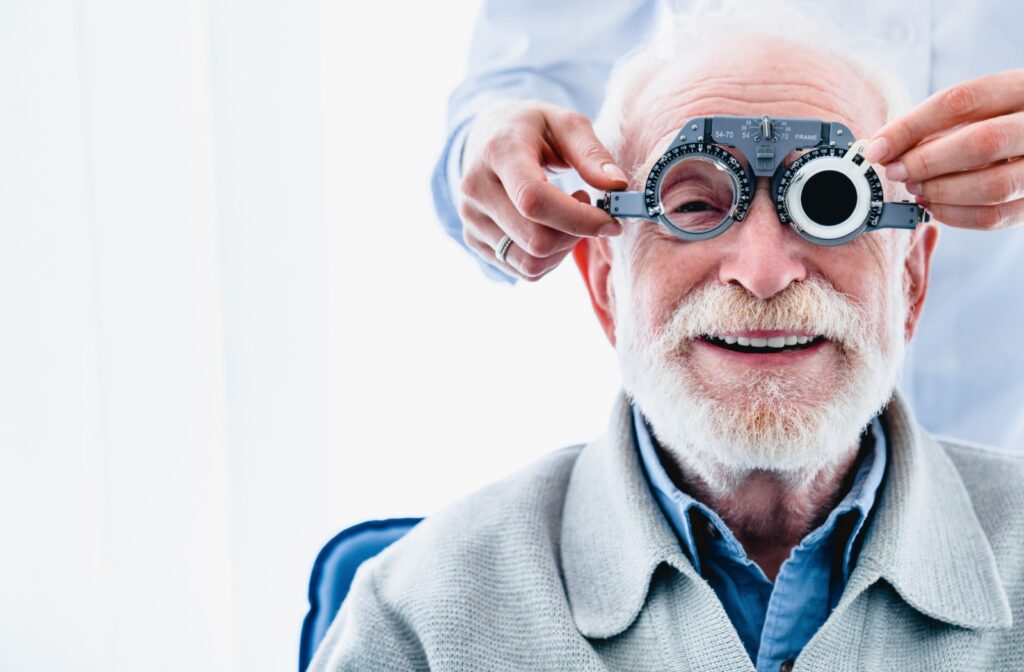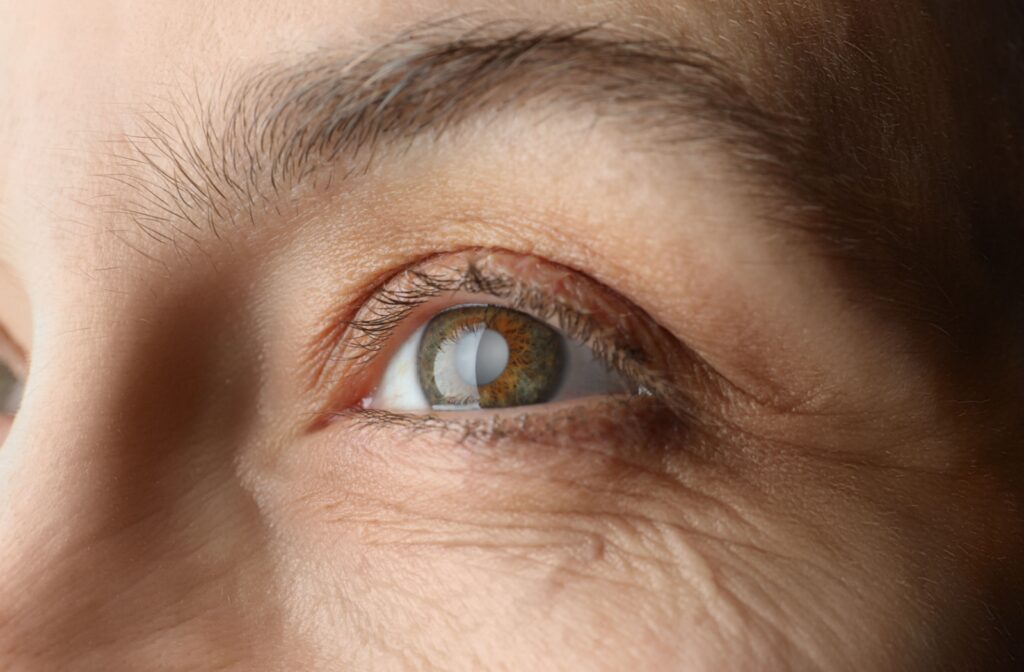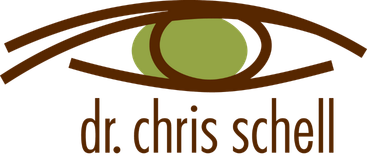Cataracts are one of the leading causes of vision loss, especially as we age. They occur when the natural lens of your eye becomes cloudy, affecting your ability to see clearly. While some cases of cataracts progress slowly and allow people to function for years with no major disruptions, others may worsen quickly, significantly impairing vision.
The progression of cataracts can vary significantly from person to person and is influenced by many factors like health conditions, smoking, and exposure to UV light. Fortunately, cataracts are treatable, and with proper care and regular eye exams, you can preserve your vision and quality of life.
What Are Cataracts & How Do They Affect Vision?
Cataracts occur when proteins in the lens of your eye break down and clump together, forming cloudy areas. These cloudy patches prevent light from passing through the lens effectively, leading to blurred or dimmed vision. For many people, cataracts are a natural part of aging, typically developing slowly over time.
While cataracts are typically not painful, they can have a profound impact on your quality of life. Simple tasks like reading, driving, or recognizing faces can become difficult. Thankfully, cataracts are treatable, and with regular eye care, you can manage them effectively.
How Do Cataracts Progress?
The speed at which cataracts affect your vision depends on several factors. Most cataracts develop gradually over the years, but some can progress much faster. Factors that can influence the progression of cataracts include:
- Age: Age-related cataracts are the most common type and tend to develop slowly.
- Health conditions: Conditions like diabetes can accelerate cataract formation.
- Lifestyle choices: Smoking, excessive alcohol consumption, and prolonged UV light exposure can increase the risk of cataract progression.
- Genetics: A family history of cataracts can also play a role.
- Medication use: Long-term use of medications like corticosteroids has been linked to faster cataract development.
- Eye injuries or surgeries: Past eye trauma or surgery can contribute to cataract formation or speed up their progression.
While there’s no clear timeline for how long it takes to lose vision entirely due to cataracts, untreated cataracts will inevitably worsen. In rare cases, advanced cataracts that are left unaddressed can lead to complete loss of vision within several years.
Symptoms & Stages of Cataract Development
Cataracts typically develop in stages, and the symptoms evolve as they progress. Here’s what to look out for:
- Early stage: Vision may appear slightly blurred as if looking through a dirty or fogged-up window. Colours might not seem as bright as they once were.
- Intermediate stage: The cloudiness in your vision becomes more pronounced. You might notice increased sensitivity to light, a halo effect around lights, and struggles with night vision.
- Advanced stage: Significant vision loss typically occurs as the cataracts grow denser and obstruct more light. This is when daily activities, such as reading or driving, become challenging.
- Mature cataract: At this stage, the lens of the eye becomes completely opaque, leading to severe visual impairment or blindness.
It’s important to note that even in the most advanced stages, vision loss caused by cataracts is usually reversible with surgery.
Treatment for Cataracts
Fortunately, cataracts are highly treatable. The most effective and widely used treatment is cataract surgery. This procedure involves removing the clouding lens and replacing it with a clear artificial lens known as an intraocular lens (IOL). Cataract surgery is one of the safest and most successful surgeries performed today, with a high success rate and fast recovery time.
For most people, cataract surgery leads to a dramatic improvement in vision, often restoring sight to near-perfect clarity. The decision to have surgery depends on the degree of vision impairment and how much it affects your daily life. Before surgery, cataracts are typically managed through prescription glasses.

Preventive Measures to Slow Down Cataract Progression
Although cataracts are often a natural part of aging, there are several steps you can take to slow their progression and protect your eye health:
- Protect your eyes from UV exposure: Wear sunglasses that block 100% of UVA and UVB rays.
- Quit smoking: Smoking has been linked to faster cataract development, so quitting can significantly benefit your eye health.
- Maintain a healthy diet: Foods rich in antioxidants (like leafy greens, berries, and carrots) can support eye health. Omega-3 fatty acids, found in fish, can also be beneficial.
- Manage health conditions: Properly managing diabetes or other systemic health conditions can reduce your risk of cataracts.
- Regular eye exams: Routine eye exams are essential for monitoring the health of your eyes and detecting any issues early on.
Why Early Detection Matters
Cataracts don’t have to be a roadblock to clear vision. With regular eye exams and a proactive approach to eye care, you can catch cataract development early and prevent severe vision loss.
At Dr. Chris Schell O.P.C., we pride ourselves on helping people maintain their long-term visual health. From comprehensive eye exams to cataract management, our experienced team is here to guide you every step of the way.
If you’re concerned about cataracts or haven’t had an eye exam recently, now is the time to take charge of your vision. Book an appointment today and take the first step toward healthier, happier eyes!



